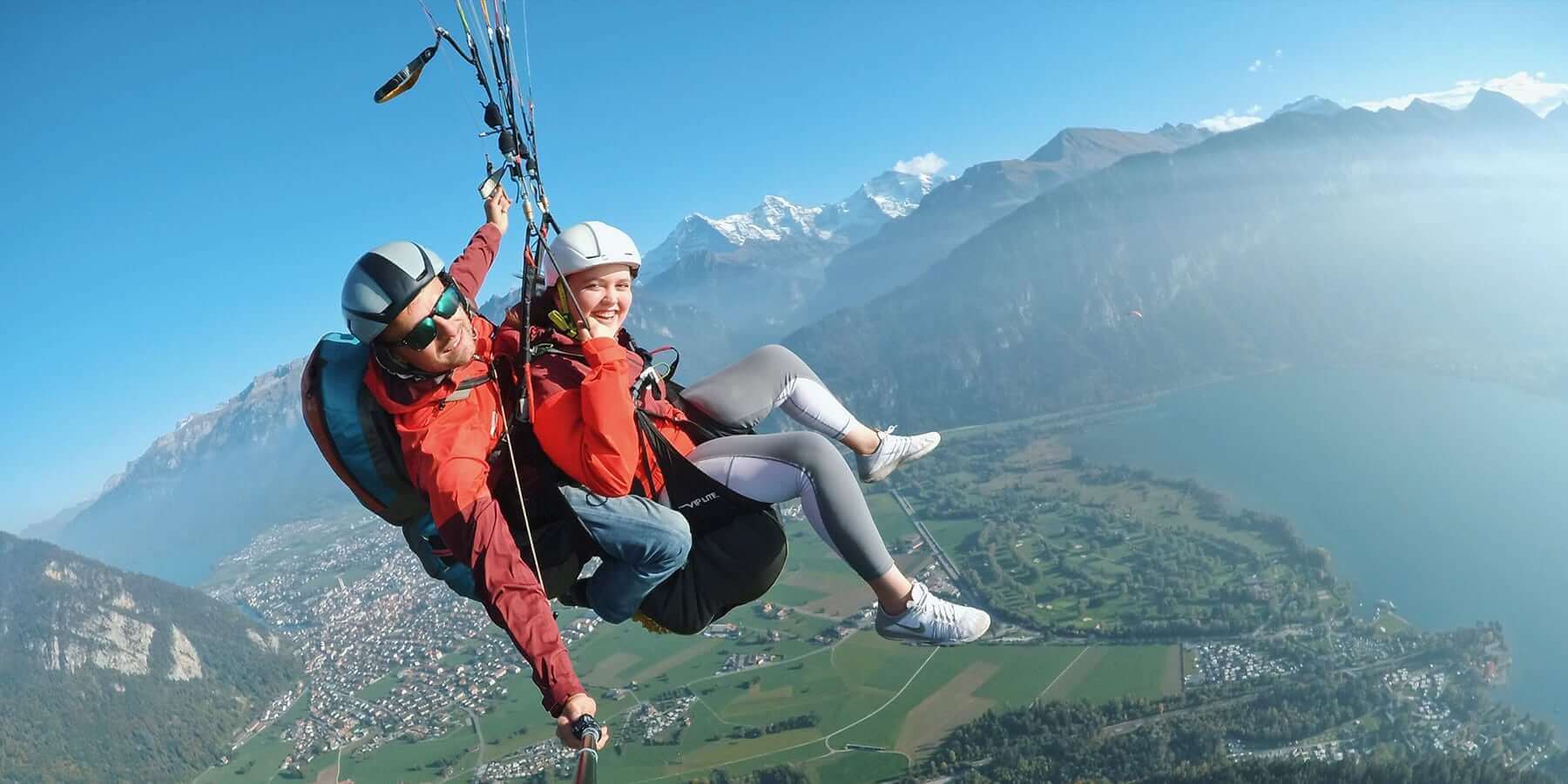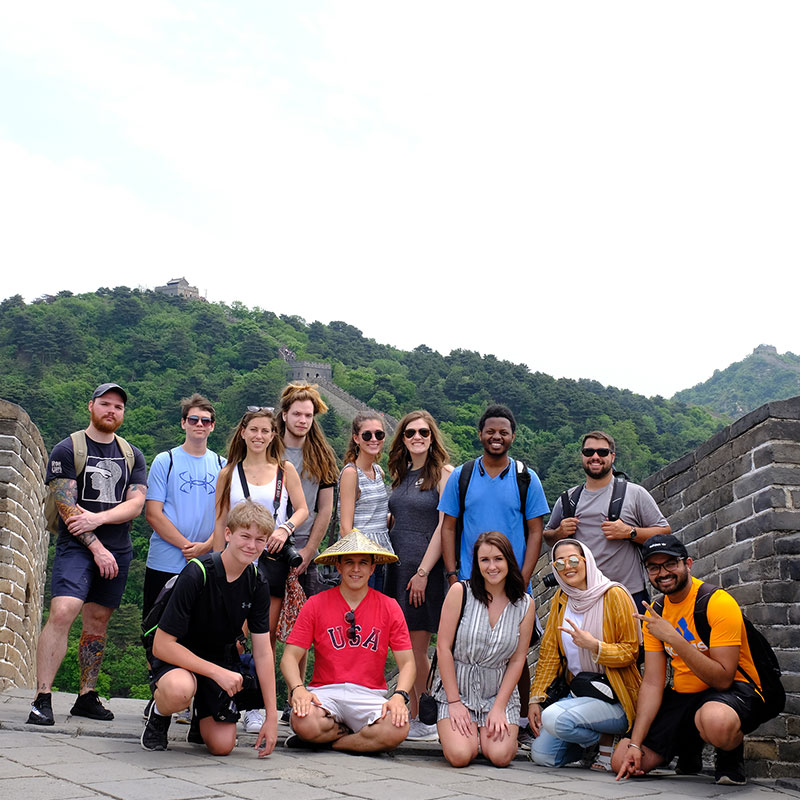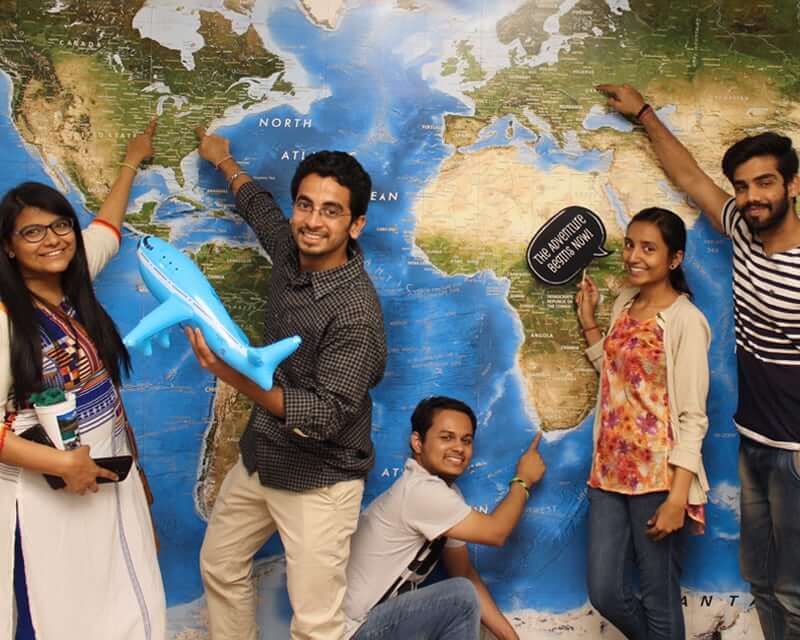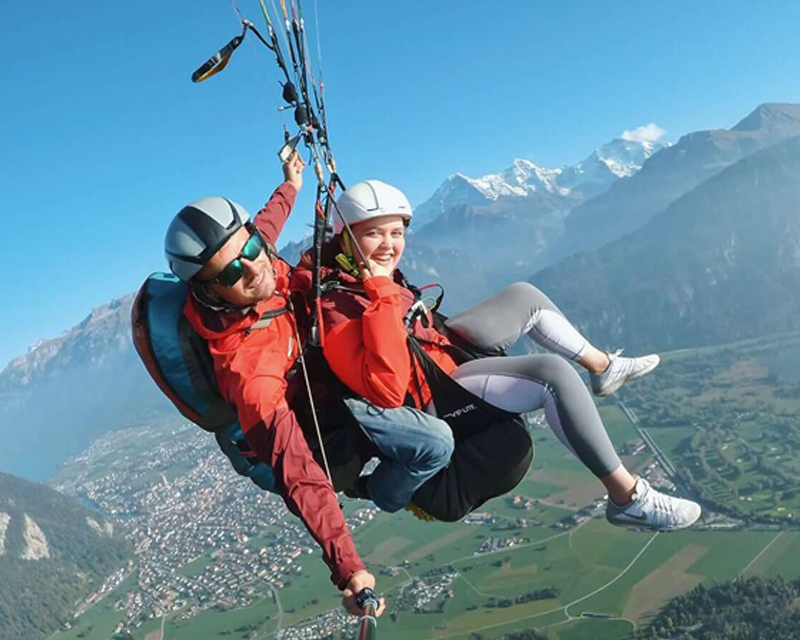UAB prioritizes the health, safety, and well-being of students, faculty, and staff who study or conduct research and/or business internationally.
Emergencies Abroad
Even when using safe behavior, anyone can be a victim of a random accident or theft.
International Travel Assistance Program
The University of Alabama System (UAS) maintains a robust program to help protect and assist our international travelers engaged in educational travel and business travel abroad.
Travel Safety 101
UAB Global Engagement prioritizes the health, safety, and well-being of students and employees traveling internationally and consistently monitors worldwide travel conditions and shares safety resources to assist students and employees engaging in UAB-related international travel.
The information on this page has been compiled to assist travelers with the basic mitigation of risk while traveling abroad. It is not specific to any region or country.

General Safety Information
Staying safe while overseas is so important to ensure you have a successful and enjoyable experience. The following tips can help keep you safe.
- Don't travel alone, especially at night or on long journeys. Always let someone know where you are going and when you will be back.
- Always be aware of your surroundings and watch out for pickpockets, especially in crowded tourist areas or on public transportation.
- Always take official taxis. If meters are used in taxis in your destination country, tell the driver that you would like them to use the meter. If meters are not used, always agree on the fare before you get in.
- Notify your in-country program director and UAB Education Abroad of any travel plans and find out what methods of transportation are safest and whether any roads should be avoided.
- When meeting new people, always meet in a public space. Never invite people you just met to your room.
- Don't consume alcohol in countries where alcohol is against the law and don't drink excessively in countries that permit the consumption of alcohol. Public intoxication is against the law in many countries and also makes you a target for crime and violence.
- Always practice safe sex.
- Avoid areas with public demonstrations or any kind of civil disturbances. These events can escalate without notice and lead to arrests and injury.
Country-Specific Safety Information
Before you go, be sure to research your destination thoroughly. The U.S. Department of State website maintains country-specific information for each country to which students and employees may travel, including the location of the U.S. embassy and any consular offices, information about whether you need a visa, crime and security data, health and medical considerations, drug penalties, localized hot spots, and more.
General Safety Resources
Other Useful Resources
Additional information and resources to assist travelers, including calling codes, currency conversion, CDC reports, traveler specific needs, and more.



